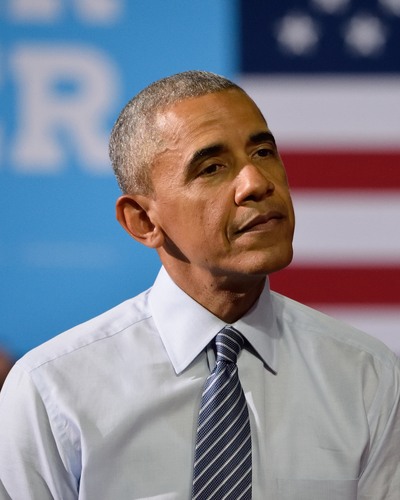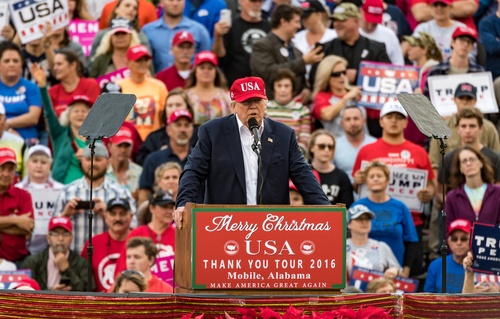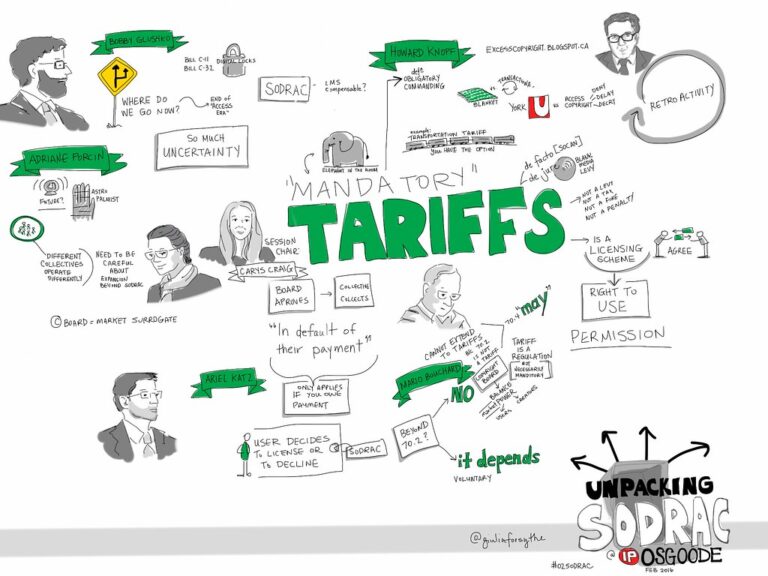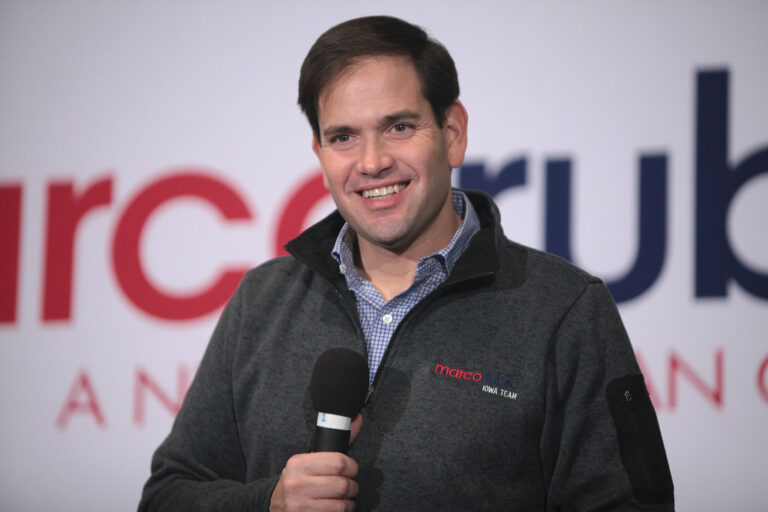Key Takeaways:
- Barack Obama’s controversial actions as president may trace back to his mysterious time at Columbia University.
- Questions arise about his admission to Columbia and his attendance during his college years.
- Obama’s policies might be linked to the Cloward-Piven strategy, aiming to overwhelm the U.S. economy.
Introduction: Have you ever wondered how Barack Obama shaped his policies during his presidency? A former classmate claims the roots of his strategies can be traced back to his days at Columbia University, revealing a trail of mystery and controversy.
How Did Obama Get Into Columbia? Columbia University is known for its tough transfer policies, rarely accepting students from other colleges. Yet, Obama transferred from Occidental College, which wasn’t as prestigious. The big question is: How did he get in? Some suggest he might have enrolled as a foreign exchange student, possibly using Indonesian citizenship, which could have disqualified him from the presidency.
The Vanishing Act at Columbia Obama’s time at Columbia is shrouded in mystery. Claiming to be his classmate, Wayne Root says Obama was never seen in classes or around campus. This absence has led to theories that Obama might have been a CIA plant or studied communism in Moscow. If true, this would mean his degree was earned without attending classes, labeling him a fraud.
The Cloward-Piven Strategy: A Plan to Overwhelm America At Columbia, Obama was exposed to the Cloward-Piven strategy, a plan designed to collapse the economy by overloading welfare systems. This strategy aligns with Obama’s policies, expanding welfare and opening borders, potentially leading to economic collapse. The goal? To replace capitalism with socialism.
Weaponizing Government: From Wayne Root to Trump Obama allegedly used government agencies to target opponents. Wayne Root, a vocal critic, faced IRS audits, suggesting Obama used the IRS to silence critics. Later, Trump faced similar attacks, including the Russia collusion narrative. This pattern indicates a strategy to weaponize government against political enemies.
Conclusion: The Truth Starts at Columbia If Trump’s team wants to uncover the truth, they should investigate Obama’s Columbia records. Were his admissions legitimate? Did he attend classes? The answers could expose a web of deceit. Stay tuned as this story unfolds, and share it to keep the conversation going.










